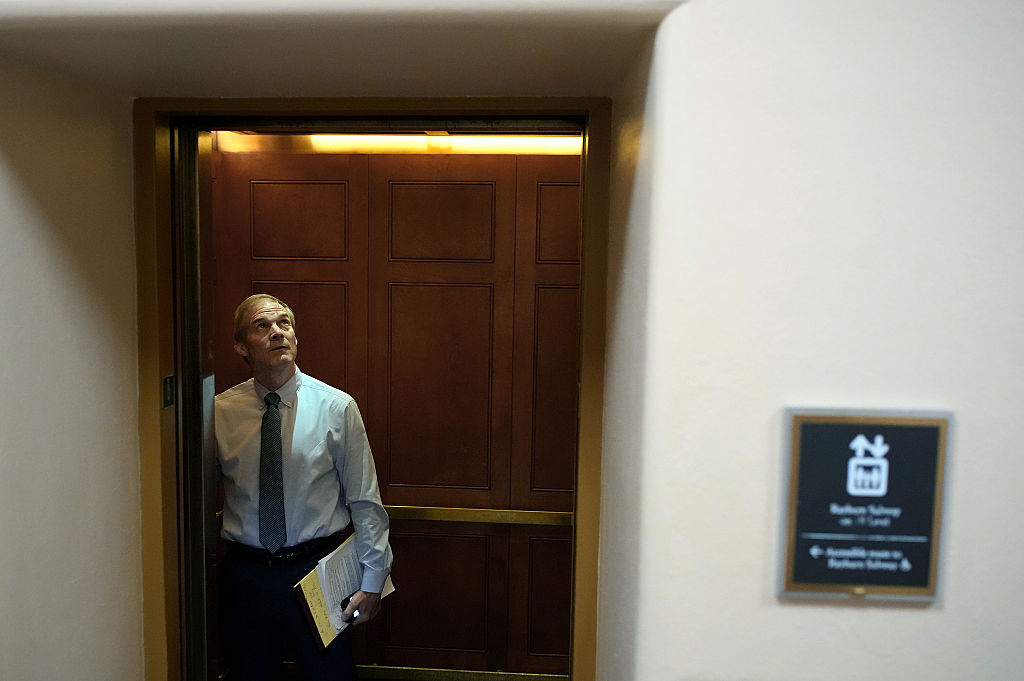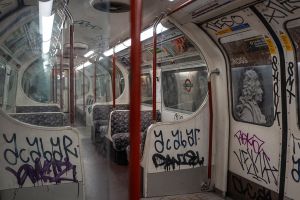The British Empire may be gone, but there is one area where the UK has not lost its global ambitions: online censorship. The latest vehicle is the Online Safety Act (OSA), a behemoth internet regulation law whose vast provisions are steadily coming into force – and increasingly drawing the ire of the Trump administration as it starts to impact US tech firms.
Under the OSA, “Britain has the power to shut down any platform” that breaks its content regulation rules, boasts secretary of state for technology Peter Kyle. The latest stage of its implementation began last week with new mandatory age-verification measures for social media platforms.
The Act is already curtailing what can be read online in the UK. Though the OSA was passed back in 2023 by the Conservatives, the Labour government has taken it up the internet “regulation” crusade with gusto. The rhetorical strategy is to claim that the law is unobjectionable since it is merely about restricting minors’ access to pornography and other “harmful” content – “think of the children”. But it all comes across as rather hysterical. In an extraordinary intervention this week, when the populist Reform Party’s Nigel Farage pledged to repeal the law, Kyle labelled him – and anyone else that’s opposed to it – as being on the side of child predators like Jimmy Savile.
In reality, there are many valid criticisms to be made of this wildly overbearing law. Small online forums dedicated niche interests, for instance, including fixed-gear cycling and hamsters, have been forced to close due to heavy compliance costs. Many tech companies likewise view it as suffocating. Another major sticking pointis its stringent regulations on AI – a vital emerging field in which the UK risks being left in the dust.
Most egregious, though, is the OSA’s impact on free speech. Since the new rules came into force, platforms have been forced to censor political speech that paints the British government in a bad light. This includes footage of recent anti-asylum protests, and even speeches in Parliament and court transcripts about the rape gangs scandal. This latter is particularly galling: this was horrific abuse that the British state abjectly failed to protect these children from – and now speech about it is being censored in the name of child safeguarding.
The bigger problem, for Kyle and the British government, is how the OSA and their censorship cheerleading will play out in the eyes of America. The Trump administration is already unhappy with the state of free expression in Britain.
A good example of the culture clash came this week, with Jim Jordan, a Trump ally, free-speech advocate and chair of the House of Representatives Judiciary Committee. Jordan will meet Peter Kyle himself, where he is expected raise concerns about free speech. As part of his UK visit, Jordan has viewed documents produced by the Committee that seem to show that the UK government attempted to censor online content during the riots that swept the country last summer. Posting them on X as ‘THE UK CENSORSHIP FILES’, he has accused the British government, including Kyle and Keir Starmer, of “trying to censor criticism of itself,” and clamping down on “narratives” wounding to the British state – like claims of “two-tier justice”. Here’s hoping that Peter Kyle will refrain from alleging that Jordan is “on the side of predators” for his free-speech advocacy.
While freedom-loving Brits are grateful that their American cousins are helping to safeguard free speech, there is also the question of how the OSA will impact Americans’ own jealously-guarded First Amendment rights. If Washington, DC, looks askance at censorship laws the UK, it’s even less pleased about the British state’s attempts to expand the scope of that regulation across the Atlantic to US websites and tech firms. Back in May, the State Department fired a warning shot, mooting visa bans for foreign officials found to have censored “protected expression in the United States”. US free-speech concerns are also expected to feature in any forthcoming trade deal. Both Trump, in his recent visit, and JD Vance, in the Oval Office back in February, have publicly needled Keir Starmer over the issue.
The key question is whether America is happy to allow a few hundred Whitehall bureaucrats to bring its tech titans to heel. With the US celebrating 250 years of independence next year, there are many free-speech warriors stateside who would sooner tell Ofcom, Britain’s broadcast regulator, where to get off.
Prominent among the minutemen is Preston Byrne, an Anglo-American lawyer and free speech activist who also works with the Adam Smith Institute, a British free-market think tank. Byrne has already tangled with Ofcom over the OSA, following enforcement letters it sent to US websites including Gab and Kiwi Farms earlier this year. These sites, however, were comparatively small fry. Ofcom has now sent similar letters to Reddit and Rumble, and in response, Byrne is set to bring a case against Ofcom in the US federal courts.
For a notice to be served by a foreign power against a US company, typically it would have to go through the Mutual Legal Assistance Treaty (MLAT) to be valid. But that doesn’t seem to be the case for these notices: indeed, if Ofcom had gone through the MLAT, Byrne believes that the State Department and the Department of Justice would not be minded to abide by them. So the letters, for all they threaten these companies with fines or worse, are in fact legally dubious. “Ofcom,” Byrne tells me, “is the international equivalent of a stalker-y ex – they’ve been told to stop, it’s unlawful for them to continue, and now we need the courts to intervene.”
Just how much more will this battle heat up? What’s clear is that British officialdom’s zeal for online regulation is setting it on a collision course with a resurgent and energetic US free-speech lobby. Yet with trade talks looming, such escalation would surely be a grave mistake. Britain does not rule the world anymore. If London wakes up the “screaming Eagle”, Byrne says, “they’re not gonna like the results”.


























Leave a Reply